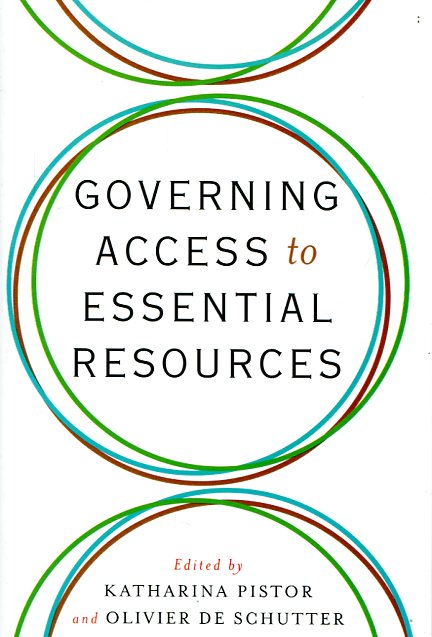Accounting for hunger
the right to food in the Era of Globalisation
- ISBN: 9781849462266
- Editorial: Hart Publishing
- Fecha de la edición: 2011
- Lugar de la edición: Oxford. Reino Unido
- Colección: Studies in International Law
- Encuadernación: Cartoné
- Medidas: 24 cm
- Nº Pág.: 288
- Idiomas: Inglés

The challenge of global hunger is now high on the agenda of governments and international policy-makers. This new work contributes to addressing that challenge, by looking at the obstacles which stand in the way of implementing a right to food in the era of globalisation. The book has several functions: to describe the current situation of global hunger, to consider how it relates both to the development of food systems and to the merger of the food and energy markets, and to explain how the right to food contributes to identifying solutions at the domestic and international levels. The right to food, it argues, can only be realised if governance improves at the domestic level, and if the international environment enables governments to adopt appropriate policies, for which they require a certain policy space. The essays in this book demonstrate how improved accountability at national level and reform of the international economic environment in the areas of trade, food aid, and investment, go hand in hand in the move towards full realisation of the right to food, while reforms at domestic level are key in effectively tackling hunger (including reforms that improve accountability of government officials). The current regimes of trade, investment and food aid, as well as the development of biofuels production - all of which contribute to define the international context in which States implement such reforms - should be reshaped if these national efforts are to be successful. The title - "Accounting for Hunger" - emphasises the point that accountability both at domestic and international level must be improved if sustainable progress is to be achieved in combating global hunger. The implication is that extraterritorial human rights obligations of States (their obligations to respect the right to food beyond their national territories, for instance in their food aid, investment or trade policies), as well as the strengthening of global governance of food security (as is currently being attempted with the reform of the Committee on World Food Security in Rome), have a key role to fulfill: domestic reforms will not achieve sustainable results unless the international environment is more enabling of the efforts of governments acting individually.









